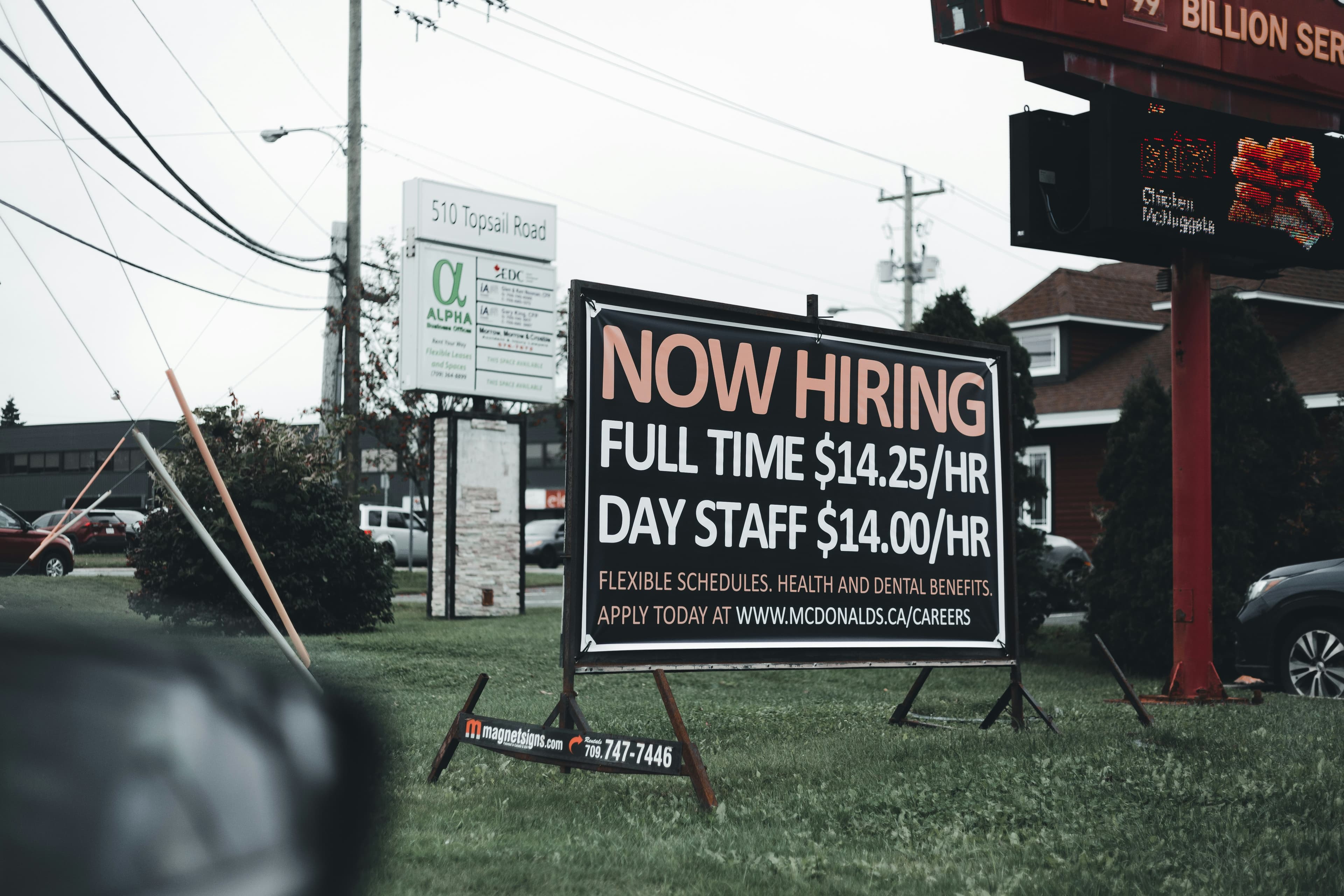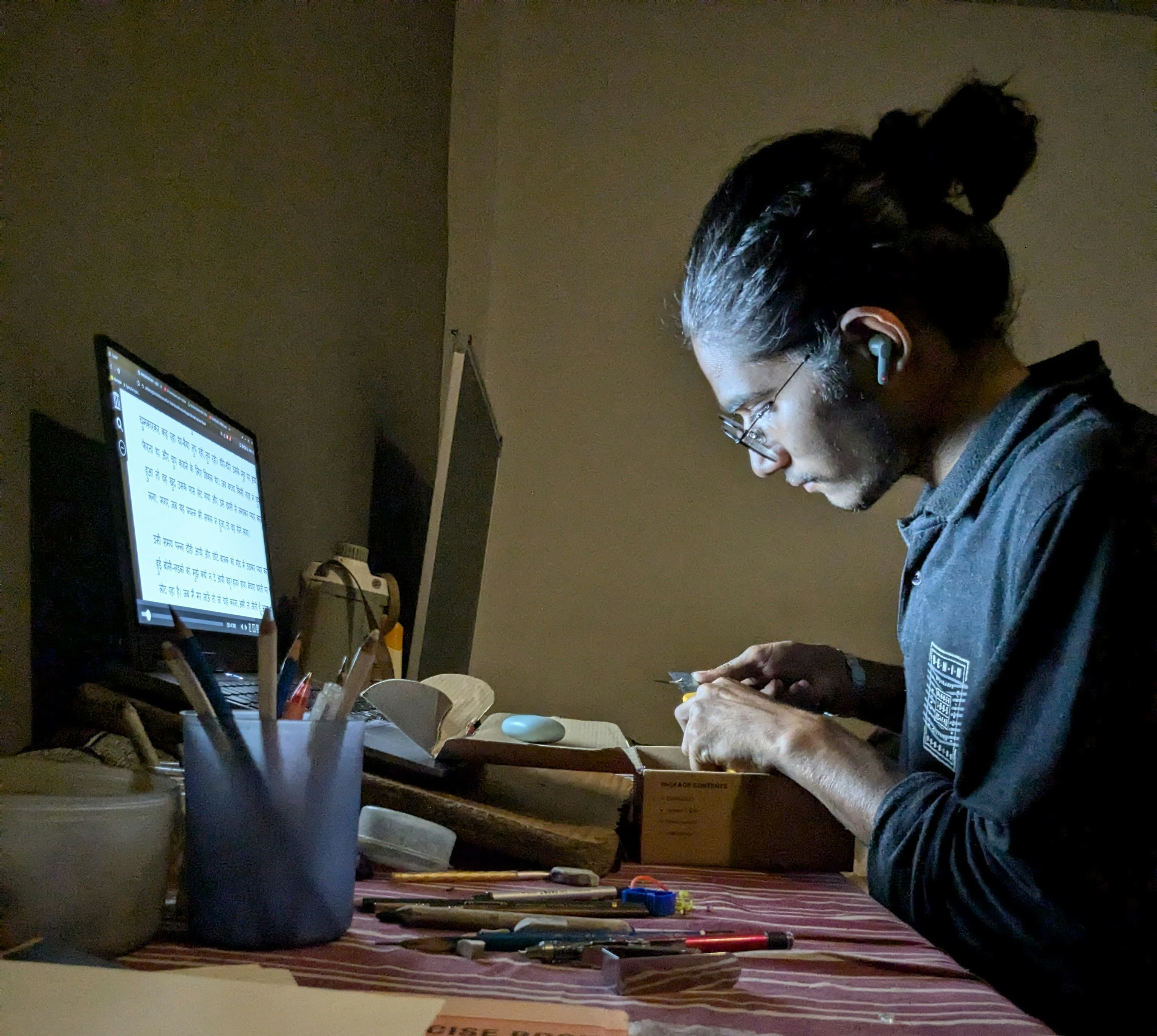My Framework for Investing Money with Conviction

Sometimes the most profound insights come from the most unexpected places. A few years ago, I was in an Uber in Orange County when my driver, Charlie Clark, mentioned he had been Gwen Stefani’s high school voice coach. As a music expert, a couple of things he said really resonated with me. “An artist will create in a way that conveys how they feel about something as well as how they think about it,” he explained. He added, “Words and notes are not music, the stuff on the page is abstract, you have to turn them into life.”
I knew exactly what he meant. For me, investing has always felt like a creative pursuit—a way to express how I feel and think about the world. My investments are a reflection of my values. And through my work, my goal is to give others the tools to do the same.
From a Secure Job to a Full-Time Hustle
Before I launched my own index company, I was a financial advisor at Fidelity Investments, a role I truly enjoyed. But I vividly remember looking at my brokerage statements just before I left and feeling like the simple act of making more money had lost its meaning. There was a fire inside me pushing me to start my own and bring an idea I called “freedom investing” to life.
Leaving a stable job was tough. Starting something new, especially in the ETF space, is incredibly risky. But the idea of had grown into something I could no longer ignore. My personal savings and investments gave me the financial runway to take that leap. This journey of turning my passion into a business was funded by years of diligent investing. Today, my primary goal for my portfolio is to ensure it grows at a steady rate, allowing me to focus on my company’s mission without stressing about personal finances.
When it comes to my own portfolio, I’m a bit of a cliché. As an investment professional, I often neglect my own accounts, preferring low-maintenance options like ETFs and index funds. At the same time, I have serious skin in the game, with a significant portion of my assets invested in the emerging markets ETF based on my own index.
My approach to is organized into four distinct buckets, each with its own purpose.
1. Emergency & Short-Term Funds
Because I’m running a new, pre-profit from which I don’t yet draw a salary, I keep several years of living expenses in cash-equivalent money market funds. This is the capital that keeps the dream alive while my company works toward profitability.
2. General Investing & Opportunities
This brokerage account is where I hold individual stocks and ETFs that aren’t part of my core retirement strategy. These are typically companies I admire or thematic ETFs that I find promising. I also make it a point to invest in products from other independent ETF issuers. The ETF world is filled with brilliant people, and I love supporting their innovative ideas before they hit the mainstream.
3. Retirement Savings
This is my largest pool of assets, mostly from a 401(k) I rolled over from Fidelity. It contains some very low-cost Fidelity index funds covering U.S. equities. While my ETF colleagues tease me for still holding mutual funds, their rock-bottom cost in an IRA makes them perfectly acceptable for my long-term, hands-off approach.
The bulk of this account, however, is invested in the Freedom 100 EM ETF (FRDM), which is based on my own index. This one position makes up over half of my long-term holdings. It’s a freedom-weighted strategy that allocates capital to emerging market countries based on personal and economic freedom metrics. Freer countries receive a larger weight, less-free countries get a smaller one, and authoritarian regimes like China, Russia, and Saudi Arabia are excluded entirely.
This is definitely an aggressive allocation. During the COVID-19 market downturn, I had to rely on trusted friends and colleagues to talk me out of making emotional decisions. Having that accountability is crucial, especially in . The one holding I never considered selling was my position in FRDM. This is a powerful behavioral hack: when you invest in what you truly believe in, you’re far more likely to stick with it during tough times and avoid selling at the bottom.
4. Charitable Giving
I use a charitable gift account to donate highly appreciated stocks, which allows me to organize my giving and get an immediate tax benefit. Years ago, I bought a single share of Google because I admired their stand against censorship in China. That one share multiplied over the years and has since been moved into this account for donations. It’s a good reminder that the goal of this account is to get the funds to their intended recipients, so I keep the allocation conservative to reflect the short time horizon.
This framework is my personal answer to with purpose. That conversation with Charlie, the Uber driver, was a small affirmation that I was on the right path. It crystallized my belief that isn't just about accumulating notes on a page—it's about turning them into music and giving them life.







